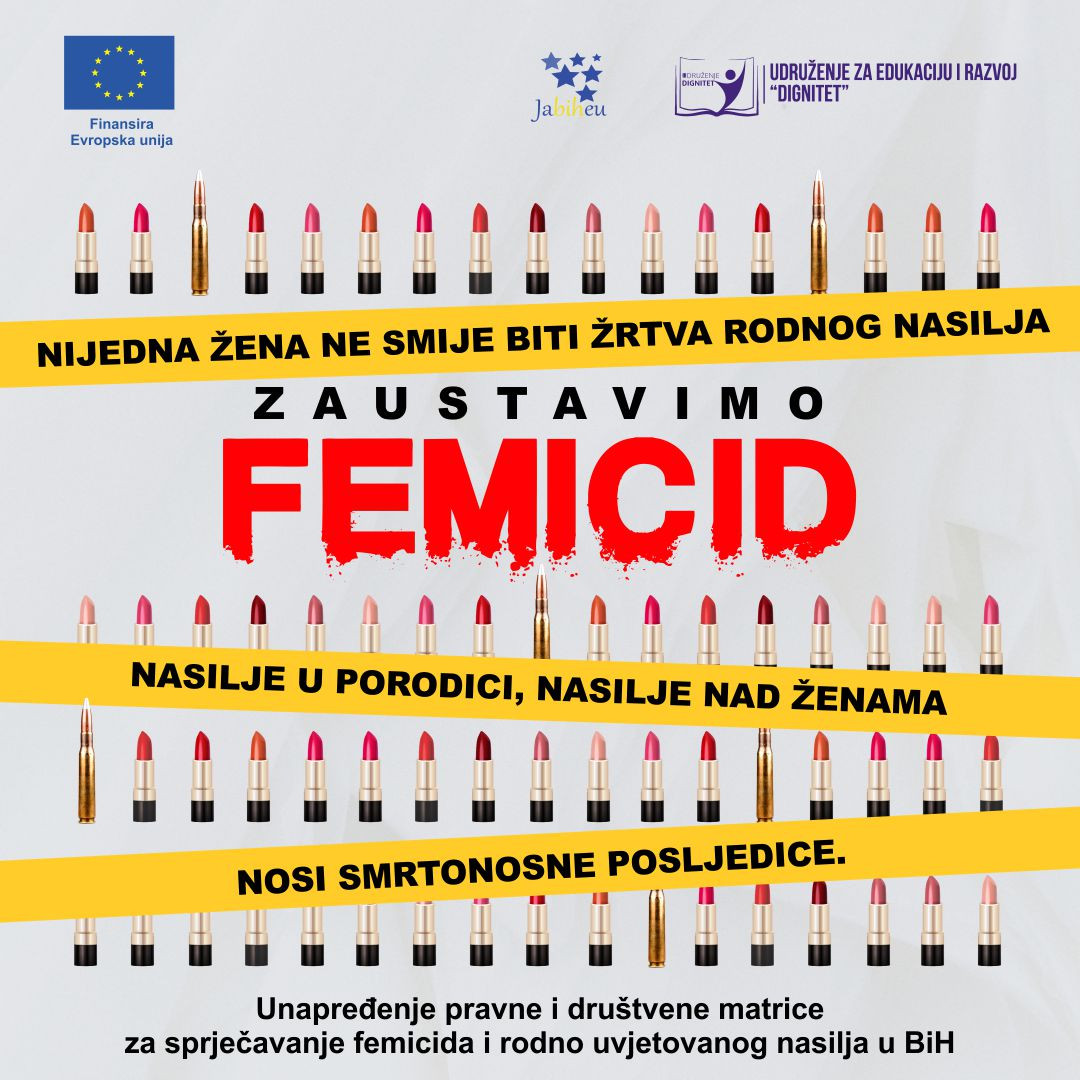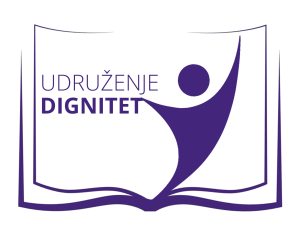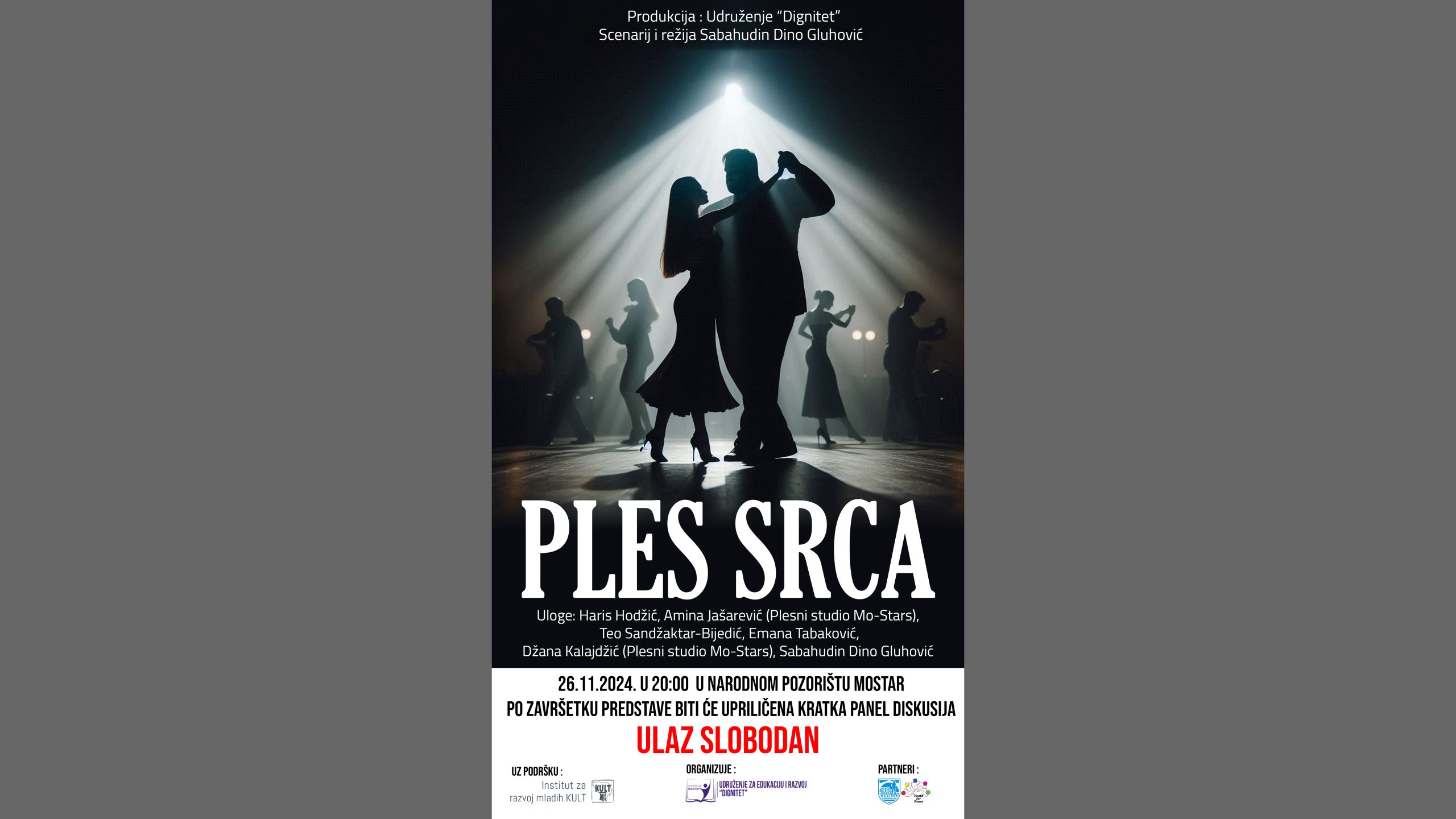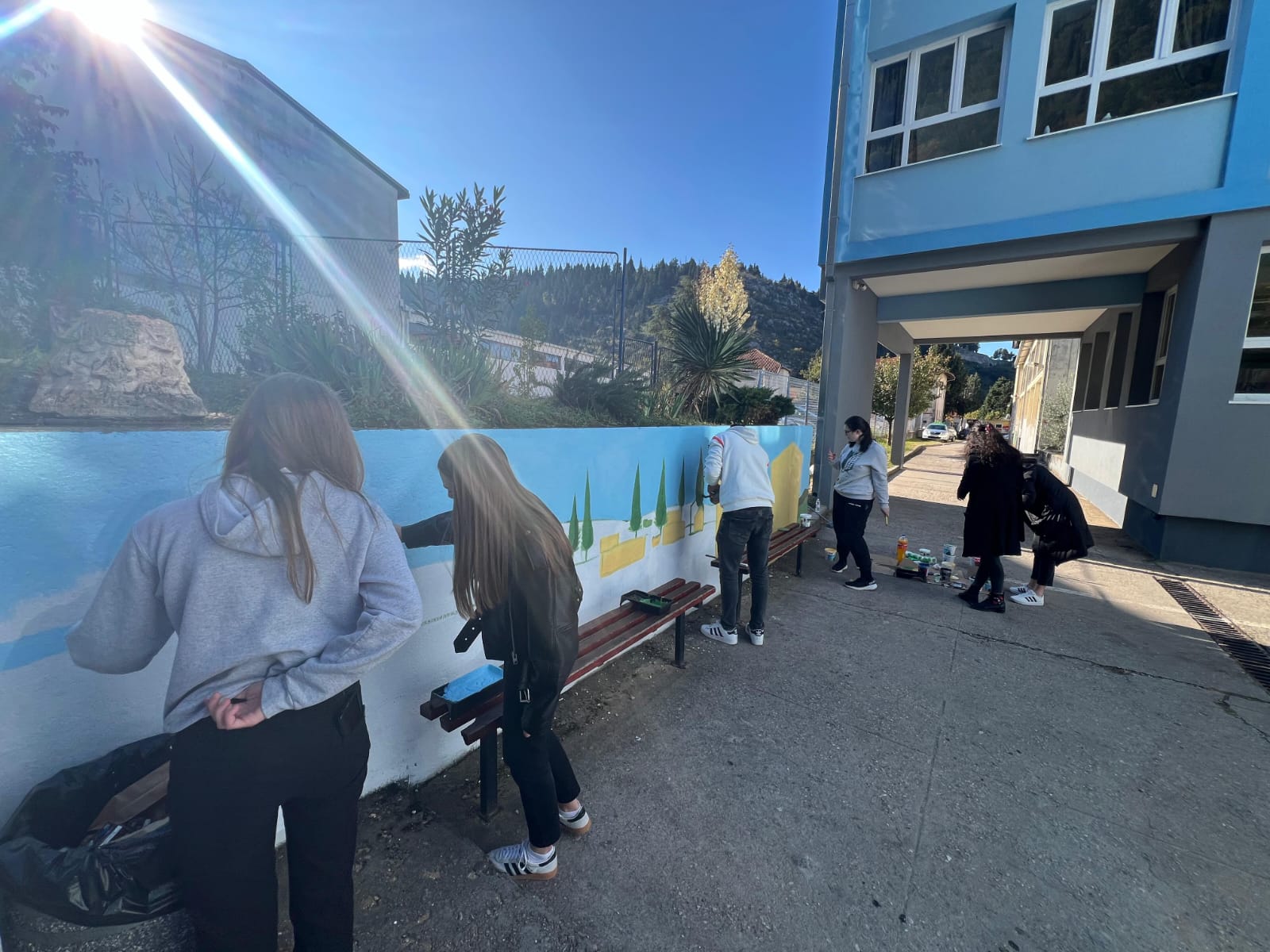TERMS OF REFERENCE
DEVELOPMENT OF DIGITAL CLINIC
CONTRACT NO: 2022/441-344
Advancing the Legal and Social Matrix to prevent Femicide
and Gender-based Violence in Bosnia and Herzegovina
CONTRACTING AUTHORITY
EUROPEAN COMMISSION
BACKGROUND
Violence against women in Bosnia and Herzegovina (BiH) is widespread, but often goes unnoticed until the final iteration – murder.
Although there are legal measures to deter and punish violence against women, experts warn that these are not adequate, a fact to which recent murders attest. In addition, femicide still lacks a universally agreed-upon definition, as well as recognition as a distinct criminal offence under BiH law.
Support services for victims of violence are largely gender-insensitive and thus fail to meet the specific needs of women who are physically and/or sexually abused. Furthermore, courtroom statistics show that male perpetrators of violence against women are often given conditional or inordinately low prison sentences and that enforcing female victims’ right to compensation for damages and costs incurred as a result of violence is still the exception rather than the rule.
The cultural matrix of violence and sexist attitudes are still deeply rooted in Bosnian society. It is easy to see that the causes of femicide should be sought in the position of women and gender roles, where two-thirds of people believe that violence against women by partners, acquaintances, or strangers is common and where the general opinion is that women should be subordinate to men. In addition to the general presence of stereotypes and prejudices, and attitudes about violence against women, the causes of femicide are often riddled with misconceptions. The most common misconception is that killing a woman happens suddenly in an extreme situation. It is also a misconception that women are killed only by dysfunctional m BiH Agency for Gender Equality, collected data from judicial institutions and non-governmental organisations that stated a total of 56 women were killed in BiH in a relatively short period from 2015 to 2019, but these killings were not treated as femicide. Even 48% of women in BiH have experienced some form of violence: sexual harassment, stalking, violence by an intimate partner or non-partner from the age of 15
Bearing in mind the overall atmosphere in BiH, political, social and economic instability, inadequate media coverage as well as public misperception of femicide and overall, of gender-based violence, it is realistic to expect that these numbers may significantly increasing, as well as that women somehow provoked the perpetrator, and that they “deserved” that murder.
OVERALL OBJECTIVE OF THE PROJECT
The overall objective is to protect human rights and fundamental freedoms of women and girls and to challenge the cultural and social matrix of gender-based violence in BiH primarily by promoting elimination, prevention, and protection from femicide in support to Council of Europe Convention on preventing and combating violence against women and domestic violence (Istanbul Convention).
SPECIFIC OBJECTIVES
Specific objectives of this project are to advocate for improved legislation, referral mechanisms, and changing legal norms and practices in the treatment of femicide.
EXPECTED DELIVERABLES/ RESULTS:
Ja bih u EU would like to invite individuals or IT companies to perform the task of Development of digital clinic, within the project: “Advancing the Legal and Social Matrix to prevent Femicide and Gender-based Violence in Bosnia and Herzegovina”.
The specific work will include:
• Design and programming of digital clinic as the project’s web platform to be placed as a landing page on www.jabiheu.ba and on www.dignitet.ba
• The platform will include digital library and tools for online classes
• Maintaining and updating the platform throughout the project
Delivery time for development: 2 months from signing of the contract
.
Qualifications and skills:
General professional experience:
• At least 5 years of experience in web page development
Specific requirements:
• Advanced knowledge of working with back-end programming languages, such as PHP, NodeJS
• Experience in designing, creating and maintaining a MySQL or MongoDB database
• Experience in user interface design and programming
• Experience in working with the REST API
• Proven experience in creating, maintaining and improving security protocols
OPEN POSITIONS: 1
WORKPLACE
Bosnia and Herzegovina
Note: All the documents produced must satisfy European Union visibility requirements including European Union logo, information on funding as well as disclaimer.
DEADLINE
The Applicants shall deliver their applications to email info@jabiheu.ba, or address Ćumurija 2, Sarajevo, until 28 June 2023. The evaluation will be based on 80% technical bid and 20% financial bid.













